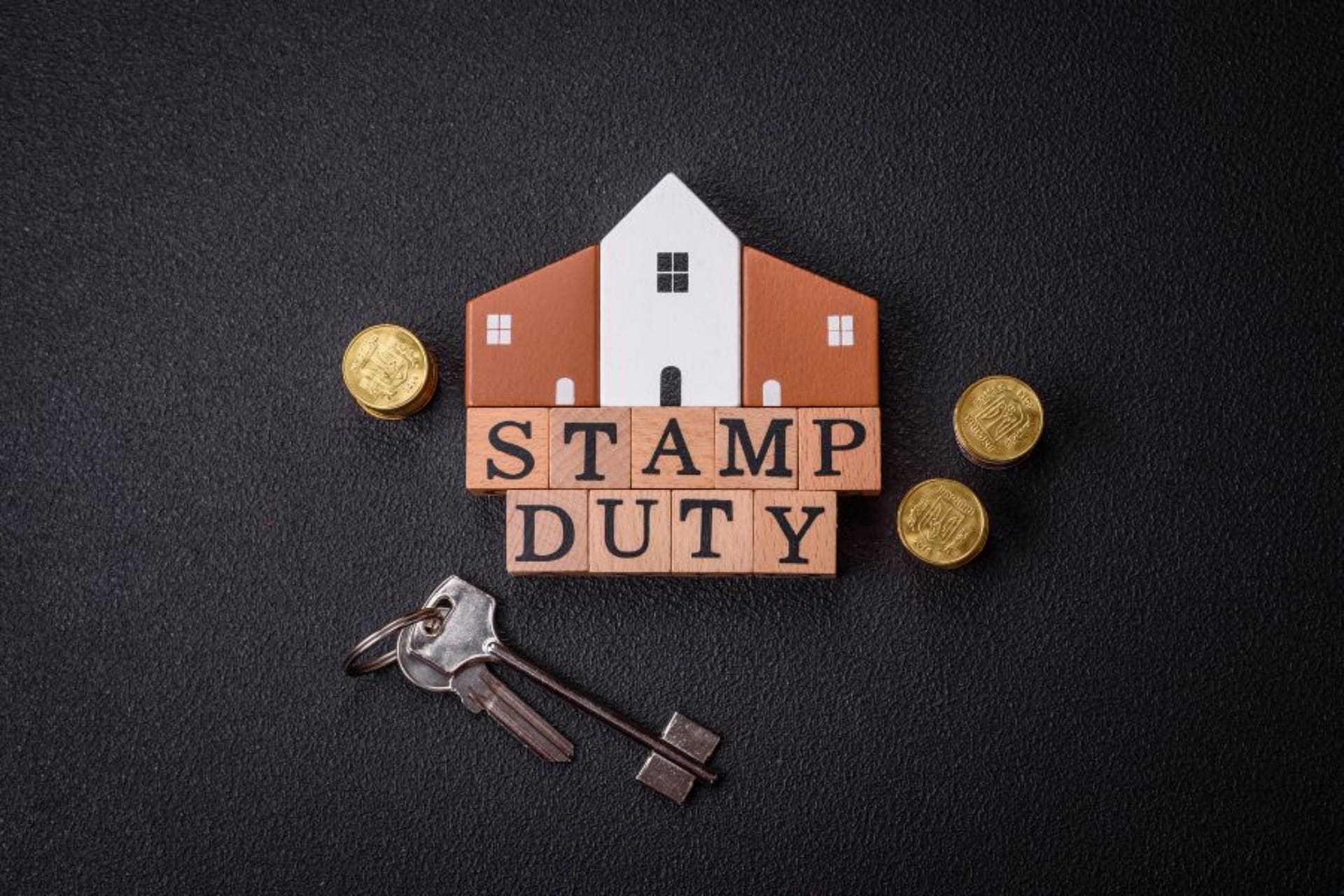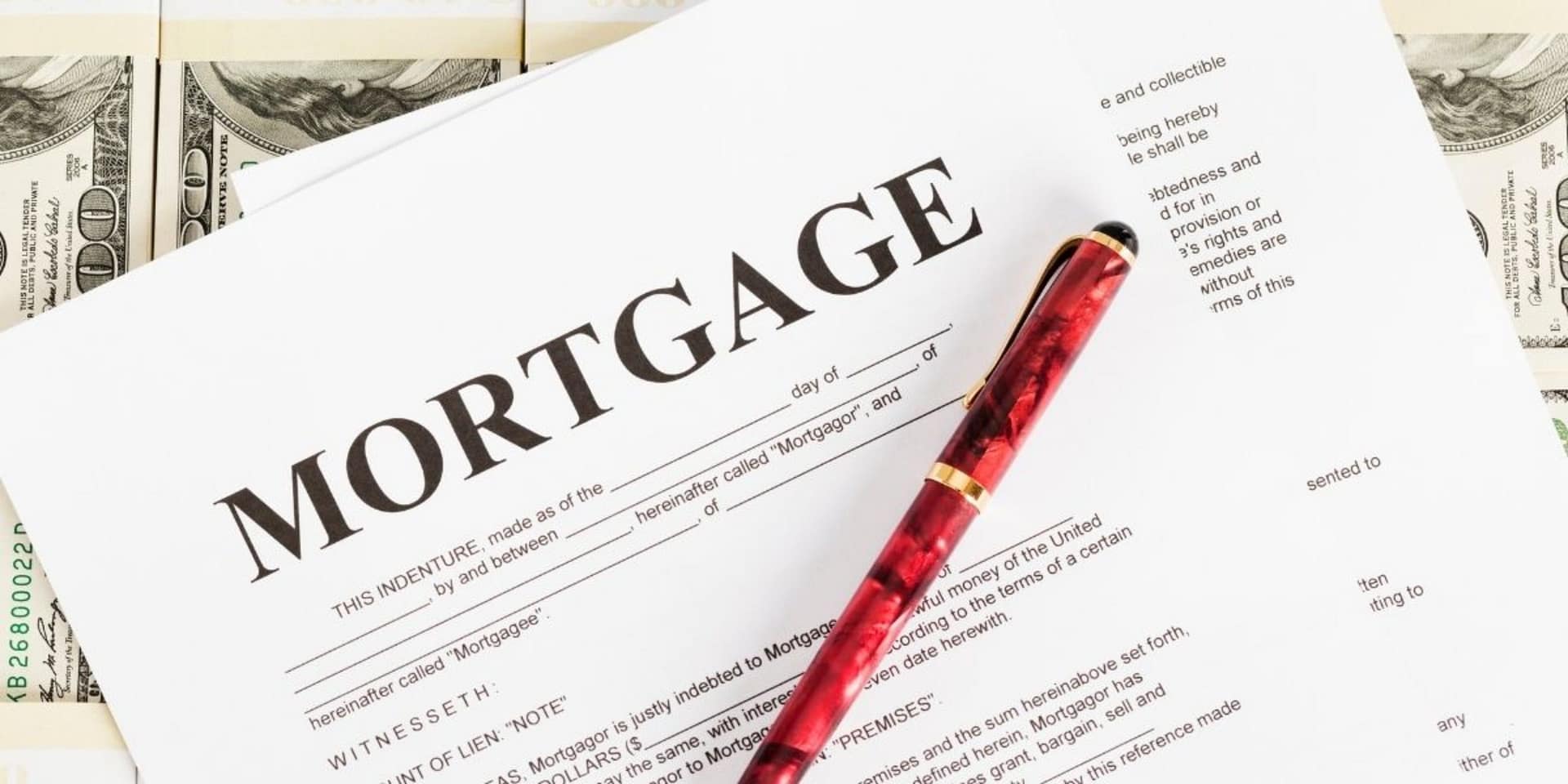Generosity is often seen as a virtue, but when it comes to gifting property, there can be tax implications for both the giver and receiver in Australia. Let’s delve into the specifics of capital gains tax (CGT) on gifted property.
Table of Contents
ToggleDoes Gifting Property Trigger CGT?
Yes, it does. While a gift itself is not taxed in Australia, the Australian Taxation Office (ATO) considers gifting property as a disposal for CGT purposes. This means the person giving the property (the donor) may need to pay CGT on any profit made since they originally acquired the property.
How is CGT Calculated on Gifted Property?
For gifted property, the ATO assesses CGT based on the market value of the property at the time of the gift, not the amount the recipient paid (which is usually zero). The capital gain is calculated as the difference between this market value and the donor’s cost base (original purchase price plus any capital improvements and costs associated with the purchase and sale).
Also read: Can My Parents Sell Me Their House Below Market Value?
What Happens if the Giver or Receiver is a Foreign Resident?
Special rules apply if the gift’s giver or receiver is a foreign resident for tax purposes.
If the donor is a foreign resident, they may be subject to CGT if the property is considered “taxable Australian property,” such as real estate located in Australia.
If the recipient is a foreign resident, they may be subject to foreign resident capital gains withholding (FRCGW) when they later sell the gifted property. The purchaser may be required to withhold 12.5% of the purchase price and remit it to the ATO, unless the recipient obtains a clearance certificate.
It’s vital to check the specific rules and agreements between Australia and the country of residence to understand the full tax implications.
Main Residence Exemption for Gifted Property
If the gifted property was the donor’s main residence, they might be eligible for a full or partial main residence exemption, which can reduce or eliminate their CGT liability. However, the recipient is not entitled to the main residence exemption for the period before the gift was made.
Reporting Requirements
Both parties involved in the gifting process must report the transaction in their tax returns. The donor must report any capital gain or loss from the gifted property in the financial year the gift was made. The recipient should be aware that the property’s cost base for future CGT calculations will be the market value at the time of the gift, not the donor’s original cost base.
Conclusion
CGT on gifted property in QLD is a significant consideration and requires careful planning and professional advice. Whether you are gifting or receiving property, understanding the tax implications is essential. Remember, each situation is unique, and specific advice tailored to individual circumstances is essential.
Need Expert Advice on Capital Gains Tax for Gifted Property?
Understanding Capital Gains Tax (CGT) on gifted property can be challenging. At CJC Law, our conveyancers specialize in providing clear, professional advice to assist you with selling your property, ensuring you meet all compliance requirements while optimising your tax benefits.
Whether you’re planning to gift property or have already transferred ownership, let our expert team help you manage every aspect of the transfer efficiently. Contact CJC Law today to arrange your consultation and secure expert guidance on your property transactions.




